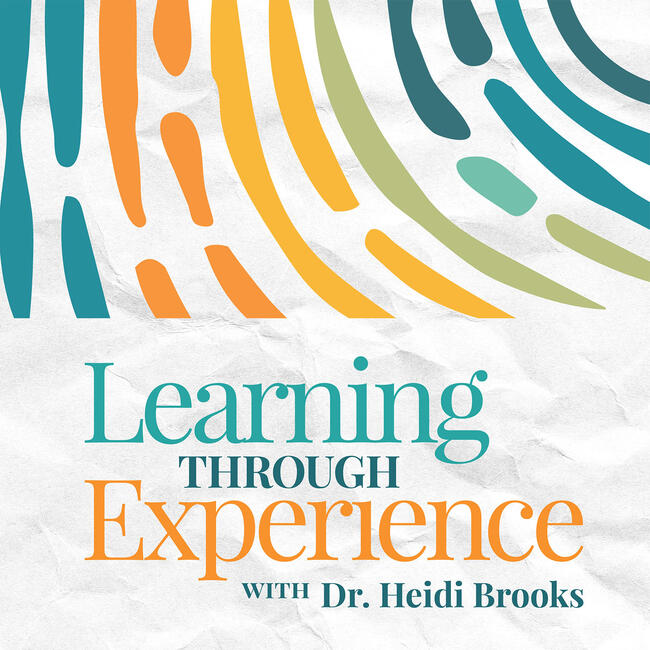What Might Be: Navigating Paradox in Creating Microspaces of Justice

Navigating Uncertainty: Finding Justice in Institutional Change
Rethinking Institutional Transformation
Are our institutions—workplaces, schools, legal systems—truly designed for everyone? What if real change begins not from the top down, but within the intentional spaces we create ourselves? This episode of Learning Through Experience, featuring legal scholar Susan Sturm, explores the intriguing paradoxes of institutional transformation. Instead of shying away from uncertainty, Sturm suggests embracing it as a catalyst for participation, collaboration, and justice.
The Power of Paradox
Drawing from her book, What Might Be: How Universities and Other Institutions Can Change, Sturm guides us through the inherent tensions within our systems—power and powerlessness, justice and exclusion, certainty and humility. Rather than seeking immediate resolution, she encourages us to confront these contradictions head-on.
“I find myself in spaces of contradiction all the time. The challenge is learning how to be in both places at once.” - Susan Sturm
Micro Spaces of Justice: Seeds of Change
Sturm introduces the concept of "micro spaces of justice"—small, intentional environments where individuals model the institutional changes they envision. Inspired by Adrienne Maree Brown's concept of fractals, these spaces offer a tangible path forward amidst today's polarization and institutional inertia. They demonstrate what's possible, even before larger institutions are ready to embrace change. "They show us what’s possible—even before the larger institution is ready.” - Susan Sturm
The Role of Everyday Leadership
Sturm challenges us to rethink our individual roles in shaping institutions. Real change isn't solely a top-down process. Each of us has a part to play in making our workplaces and communities more participatory. "The work is in moving closer, not waiting for perfection.” - Susan Sturm
Embracing Vulnerability and Learning in Public
Transformation requires practice, patience, and a willingness to "fail forward." Sturm emphasizes the importance of vulnerability in leadership and learning. Real growth emerges when we abandon the fear of mistakes. "Transformation happens when people are allowed to fail safely.” - Susan Sturm
Host Heidi Brooks echoes this sentiment, sharing her own experiments with vulnerability in her teaching, highlighting the shared journey of learning and growth. "There’s so much here between us. We’re walking the path in real time.” - Heidi Brooks
Learning Through Experience: Facing Uncertainty
This season of Learning Through Experience delves into the universal experience of facing uncertainty. Rather than viewing uncertainty as something to be avoided, the podcast invites listeners to explore how it can become a catalyst for learning, resilience, and even growth.
Through diverse guest perspectives, the podcast explores the emotional dimensions of navigating the unknown—those moments when clarity feels elusive, yet new possibilities begin to emerge.
Join the Conversation
The Learning Through Experience podcast, produced by the Yale School of Management, encourages listeners to connect and share their reflections. Reach out to LTEpodcast.edu or subscribe to the monthly LinkedIn newsletter for further insights and discussion.
Resources
Explore Susan Sturm's work further:
- What Might Be: Confronting Racism to Transform Our Institutions (Princeton University Press, 2025)
- Theater of Change at Columbia Law School
- Essay: "Paradoxical Possibility: Embracing Anti-Racism Contradictions"